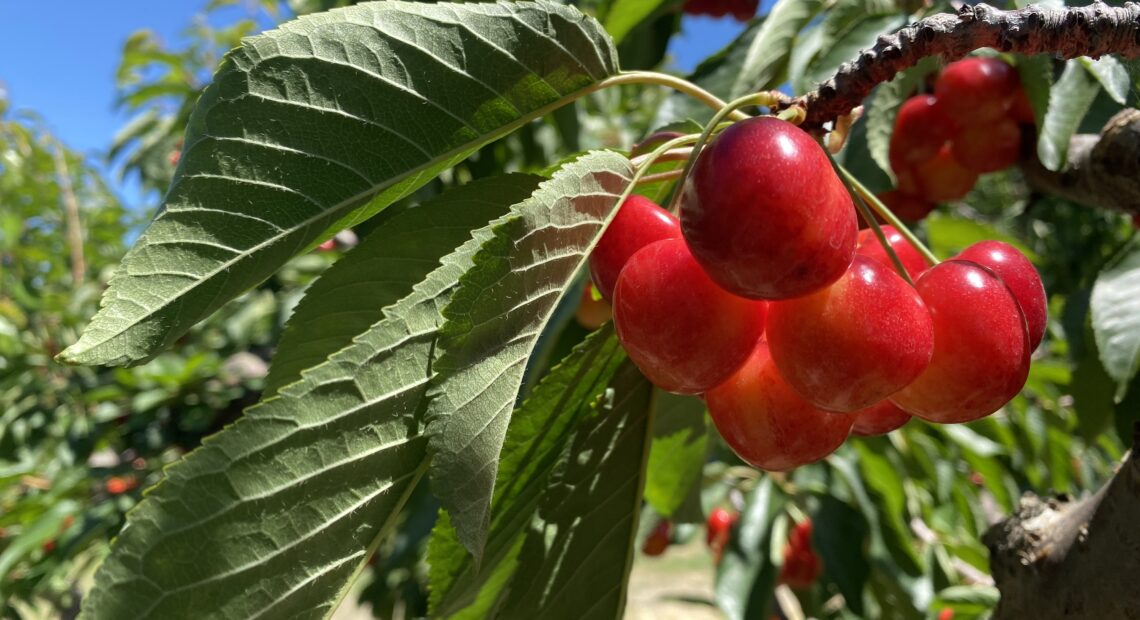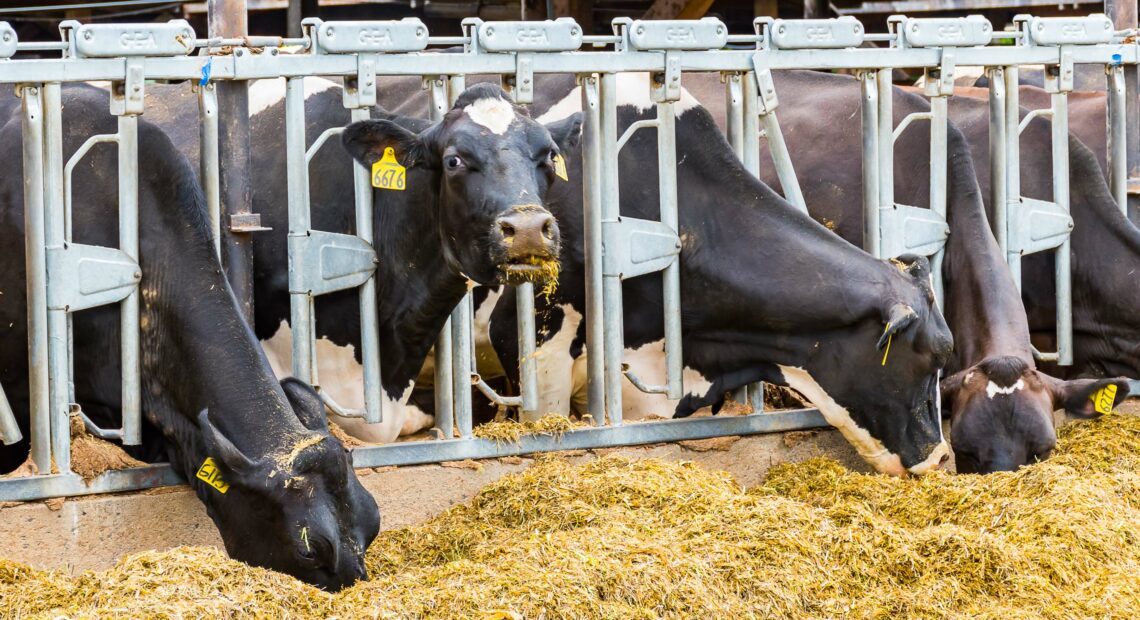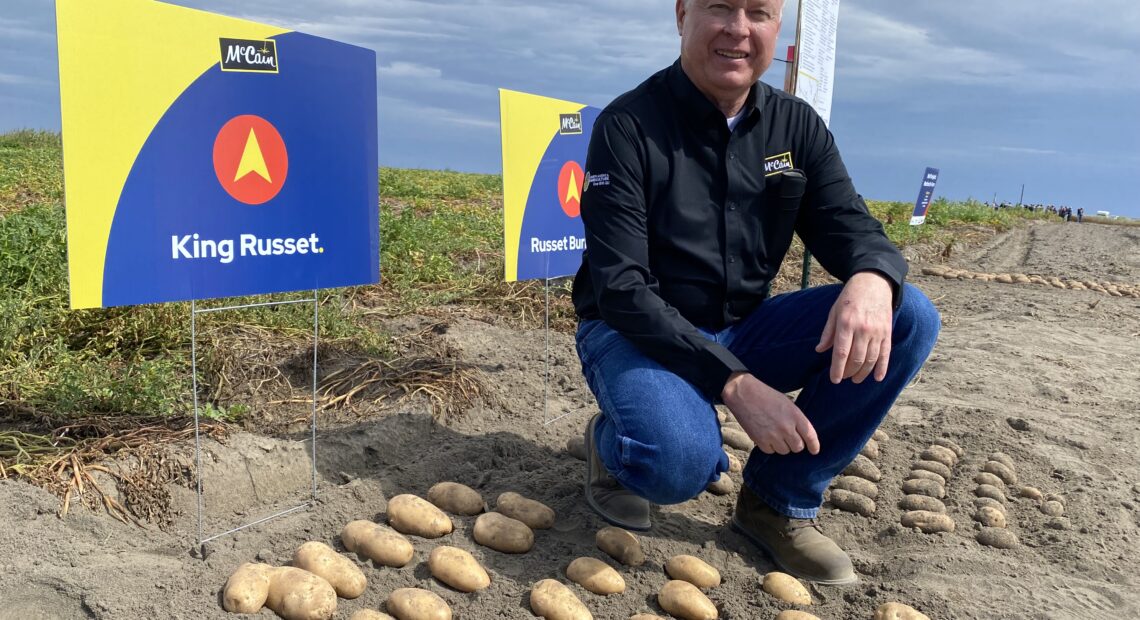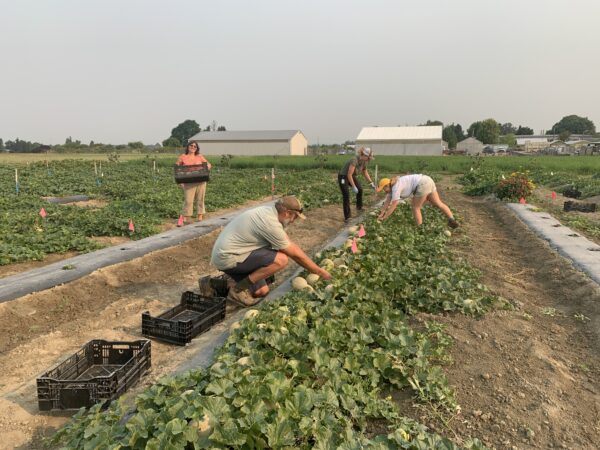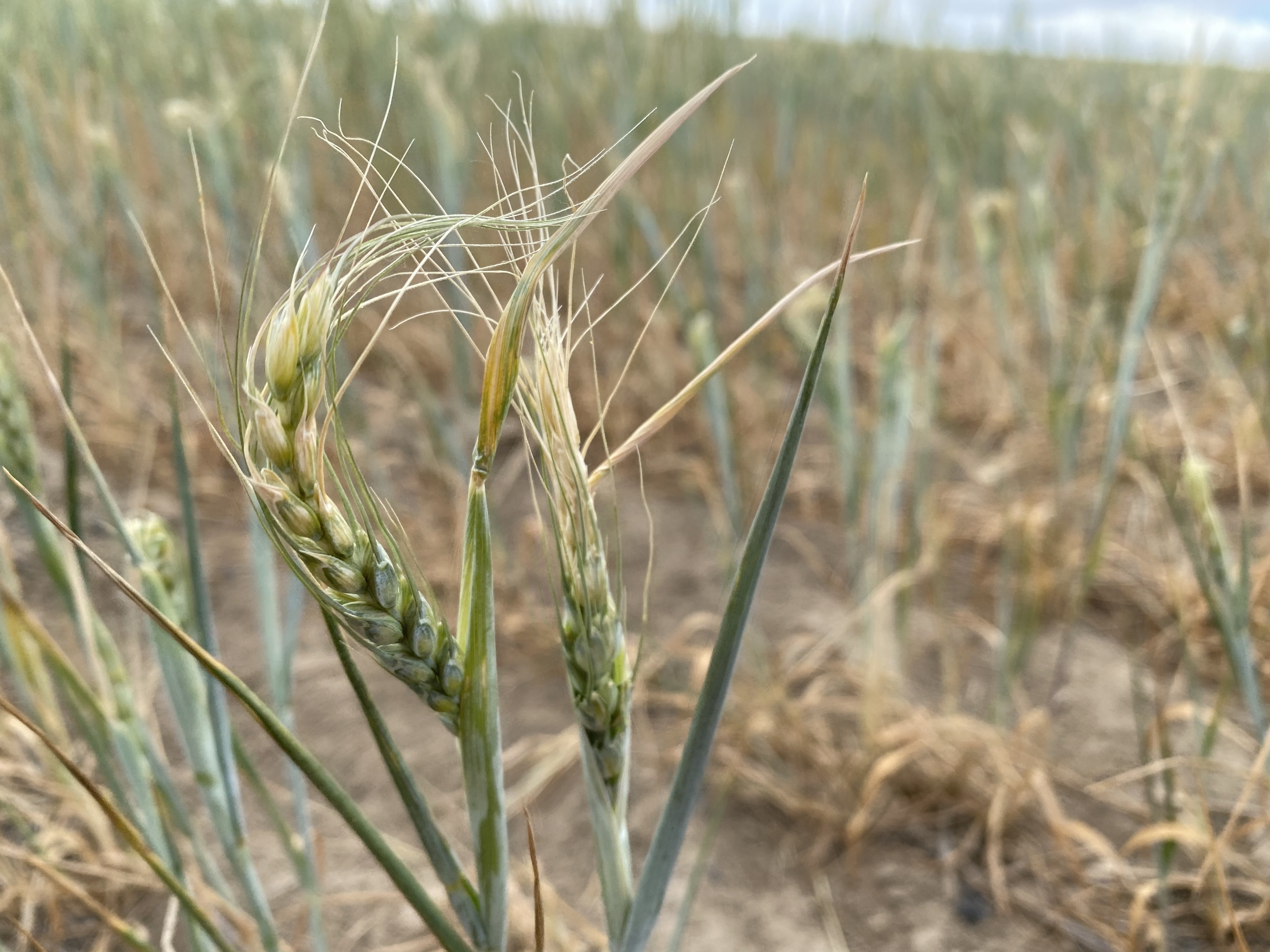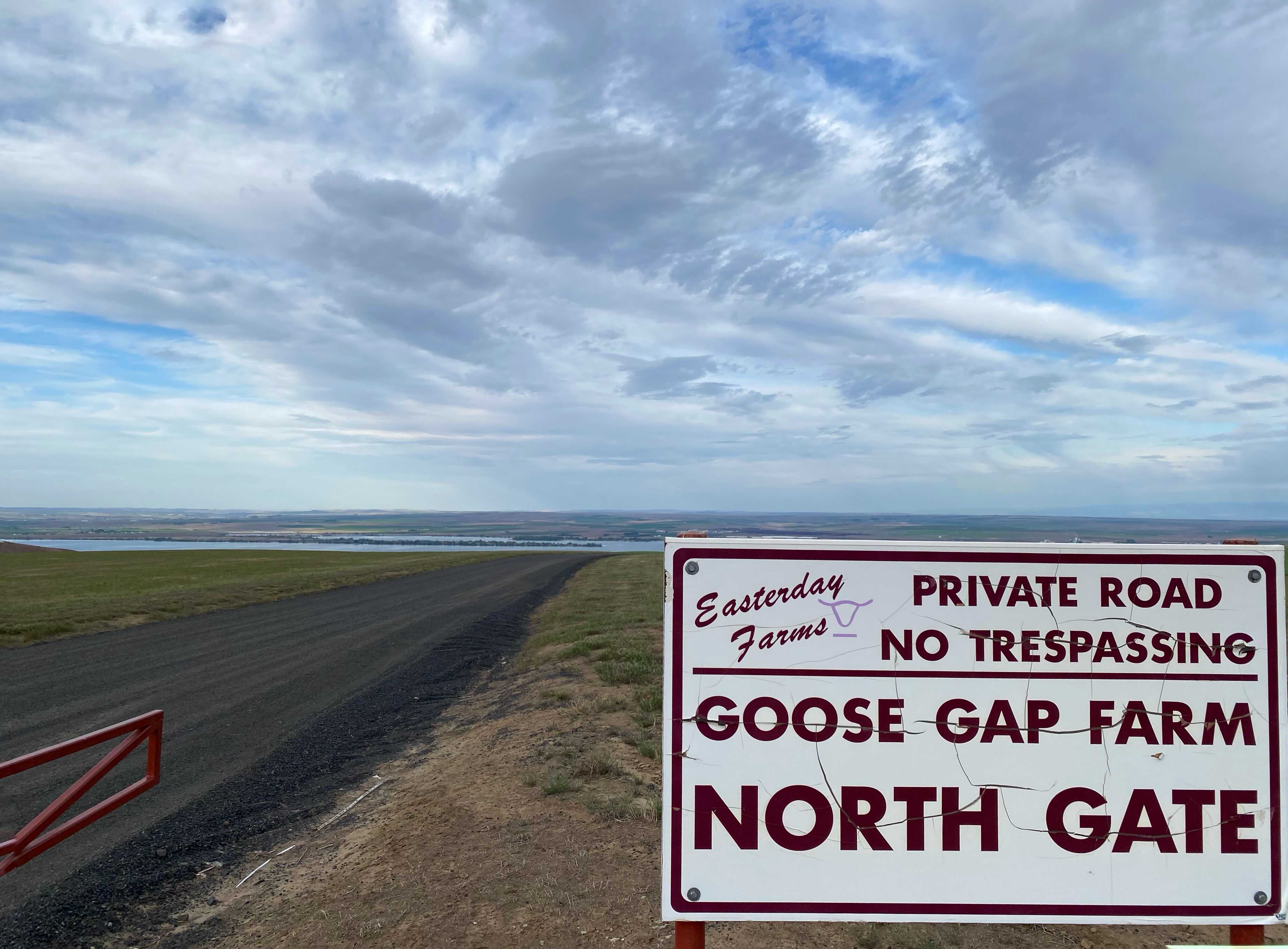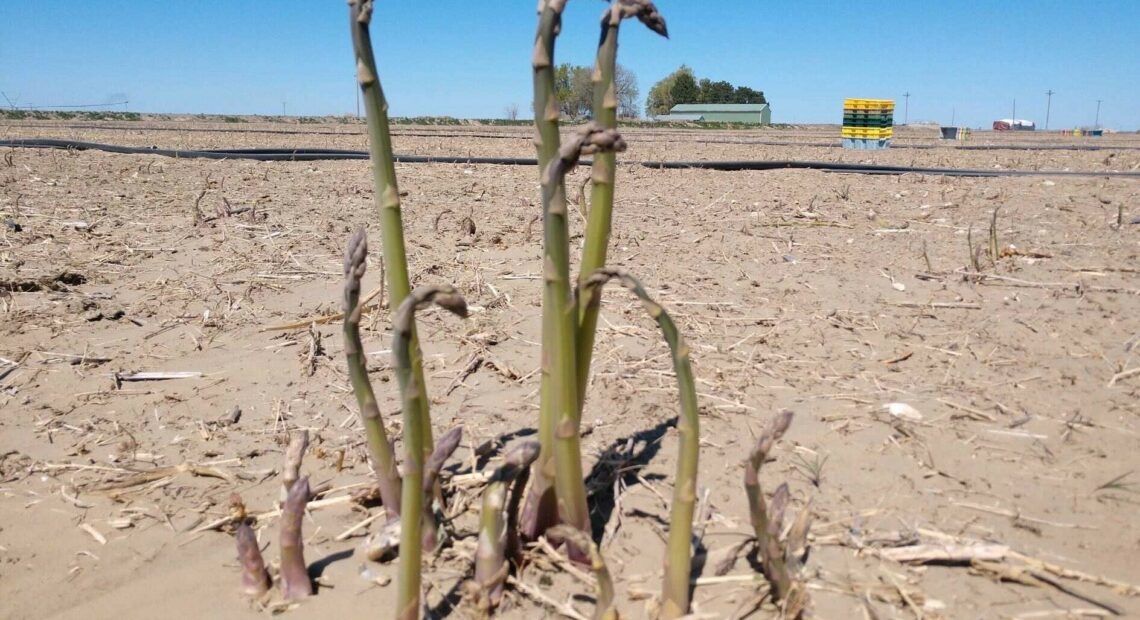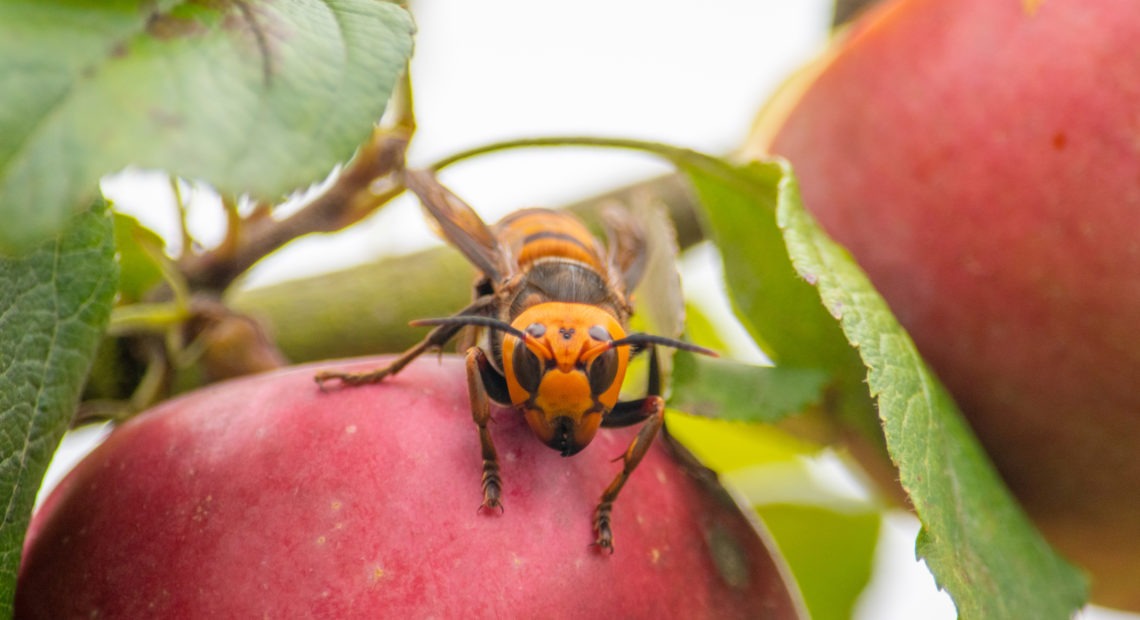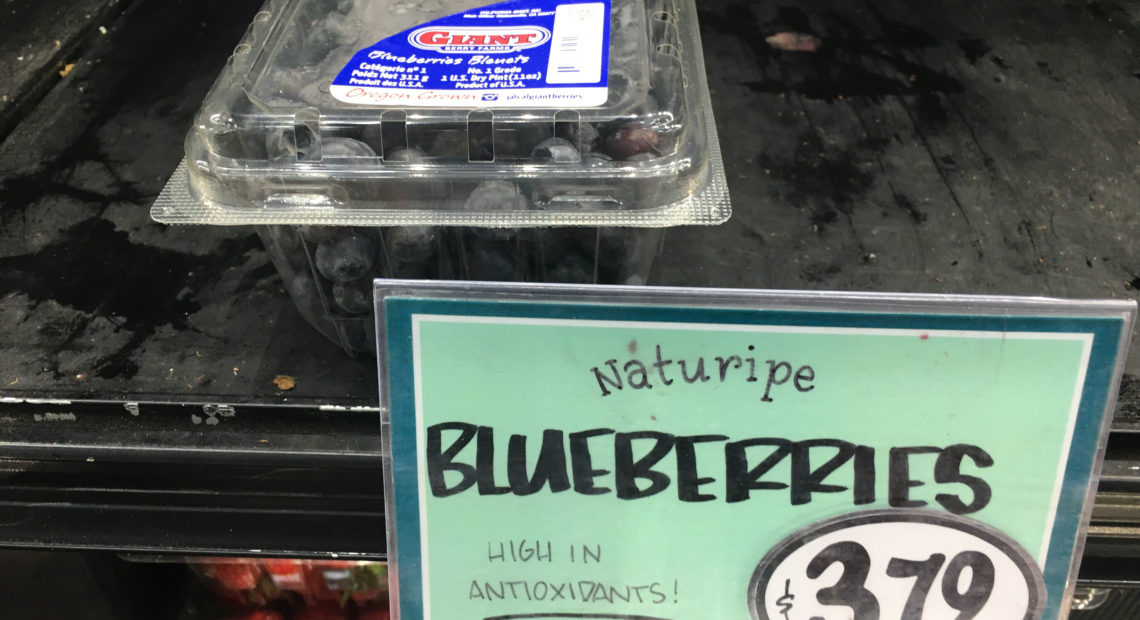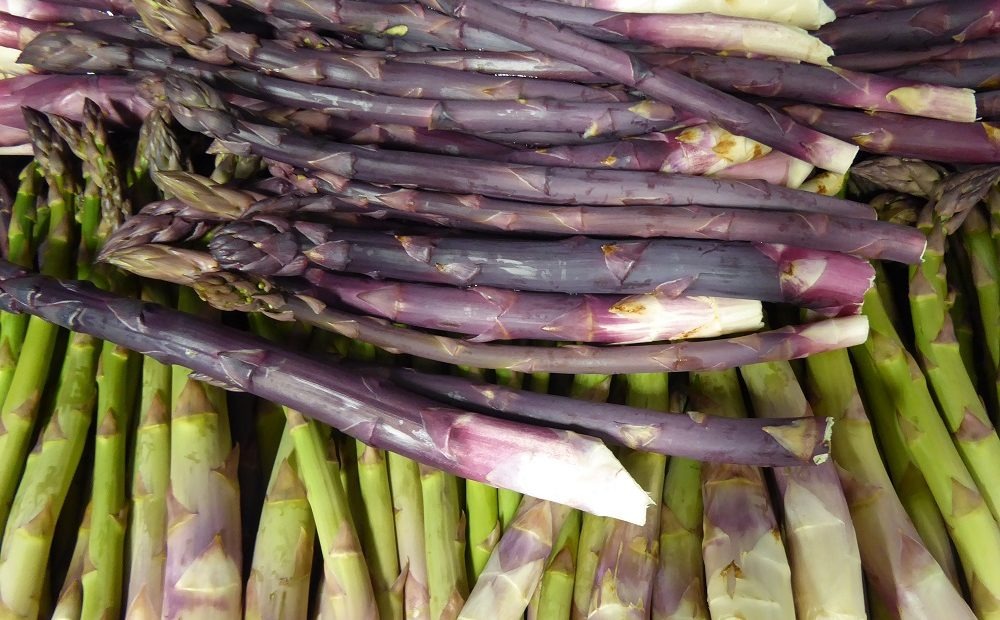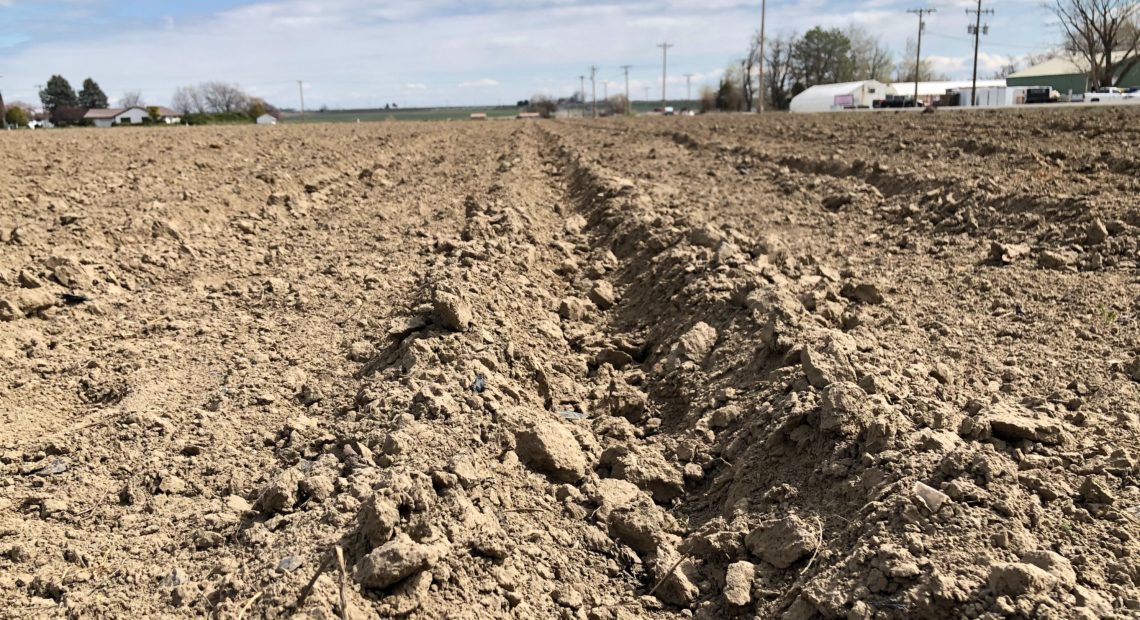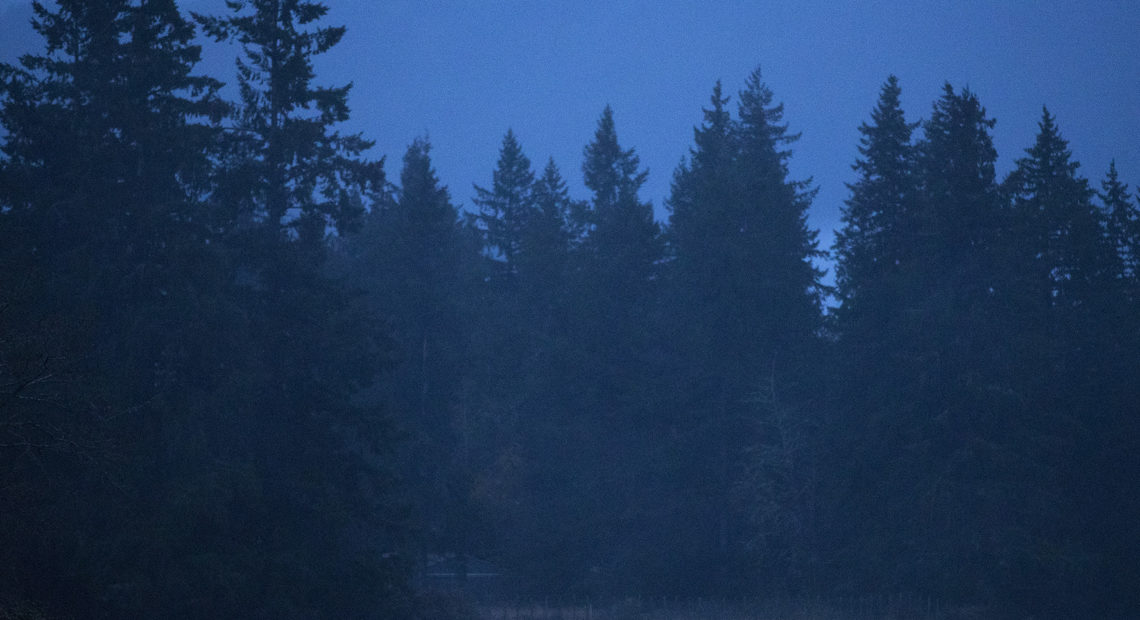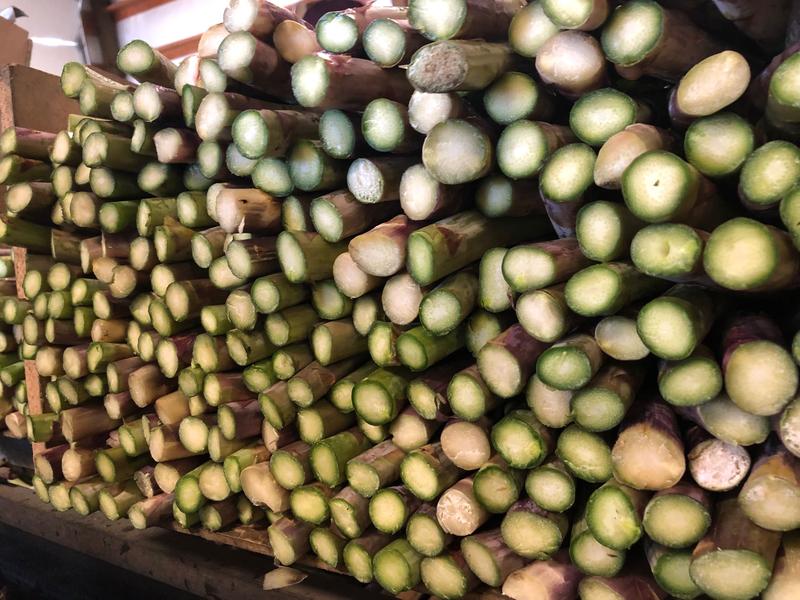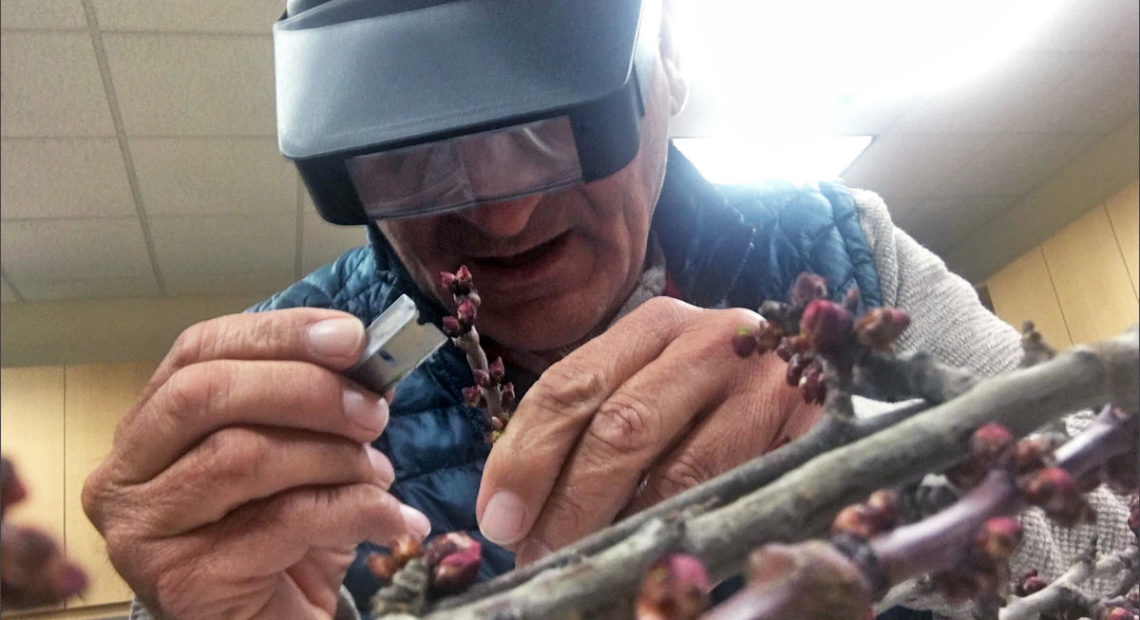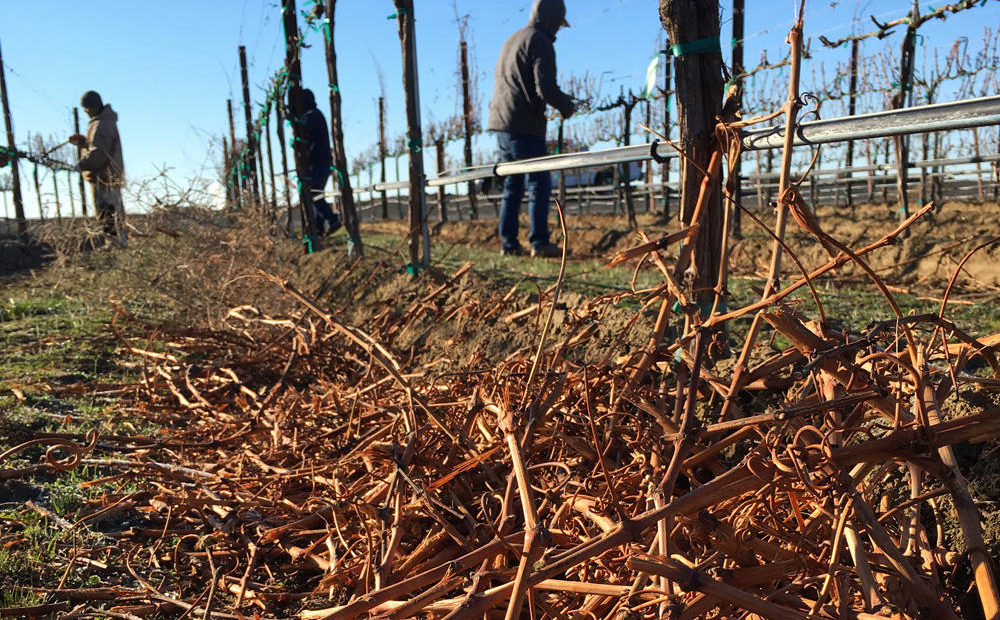Rainier cherries cling to the branch in the Ray French Orchard in Richland, Washington, on Monday. (Credit: Anna King / Northwest News Network) Listen (Runtime 3:26) Read The French family […]Read More
Northwest dairy cattle eat rations out of a feed bunk. (Credit: Washington State Department of Agriculture) Listen (Runtime :58) Read Experts say they are not sure how the highly-pathogenic avian […]Read More
Ken Luke, a manager with McCain Foods, shows off some of the old standby potato varieties, along with some of the new, like the fresh “King Russet,” at a recent […]Read More
Carol Miles and volunteers assist with a harvest of this year’s cantaloupes in Mount Vernon, Wash. Listen Correspondent Lauren Paterson tells us how a bit of elegant plant science is […]Read More
Wet weather and varying temperatures had impacts on Washington farming in February Listen Read By Brandon Hollingsworth For Washington’s agricultural interests, February was marked by wet weather and temperature shifts. […]Read More
Easterday Ranches and Easterday Farms has provided beef, potatoes, onions and produce to dinner tables for more than three generations. Now in bankruptcy, many of the family’s key properties will be sold to repay debts. It’s one of the largest sales of prime water-rich agricultural lands in the Columbia Basin in recent history. Read More
Much of the Northwest’s high country is still deep in good snowpack but short on rain this spring. That has dryland wheat farmers and cattle ranchers fretting. Cold, wind and dust are even wreaking havoc with produce farmers in the region.Read More
Researchers in Washington have lost track of an Asian giant hornet they were following — a stinging setback in the pursuit to eradicate an invasive species that threatens to decimate North American bee populations.Read More
“Now basically, we have Mexican fruit coming in from March all the way to June. We start getting Peruvian fruit come August,” says Rob Dhaliwal, a blueberry grower from Lynden, Washington. “Even in July. Then we start getting fruit from British Columbia. So there is a good 10 months of foreign product coming into the country.”Read More
For the last decade, the Northwest asparagus industry has been challenged by lower-cost imports, labor shortages and increased farming costs. But this year, the coronavirus pandemic has disrupted the foreign asparagus supply, increasing sales for the Northwest’s crop. Read More
Spring work starts up, ready or not. And Northwest growers are scrambling to figure out how to work around the global coronavirus pandemic and still bring in the coming harvest. Read More
In Washington Skagit Valley, a conflict is unfolding between the Upper Skagit Tribe and farmers as elk are making a comeback there. Read More
More than a dozen haystacks have been burned under suspicious circumstances in central Washington since early October. It’s concerning to the hay industry and law enforcement. Read More
A class-action lawsuit argued in the Washington State Supreme Court Thursday is challenging the exemption of agricultural workers from earning overtime pay, alleging that it results in racial discrimination against the largely Latino workforce.Read More
Growers in Washington, California and Michigan raise the majority of the nation’s domestic asparagus -- and Washington’s season is on. But business in U.S. spears is noticeably dwindling due to cheaper competition from foreign markets. That’s because there’s increasing amounts of cheaper asparagus from Peru and Mexico coming in: fresh, canned and frozen. And that’s Read More
Five types of apples, once thought to be extinct, have been rediscovered in northern Idaho and eastern Washington. The Lewiston Tribune newspaper reported that “apple detective” David Benscoter located the trees growing near Steptoe Butte on the rolling hills of the Palouse.Read More
The recent bite of arctic air is causing real worry for Northwest fruit farmers. They’re fretting over their trees’ tender buds. And it all might get worse as things warm up.Read More
East of the Cascades in Washington and Oregon -- it’s been about 5 to 10 degrees warmer than normal for most of the winter. And those usually warm conditions have buds on fruit trees and grapevines starting to “push,” or emerge early. That has farmers worried. Read More

